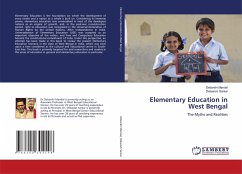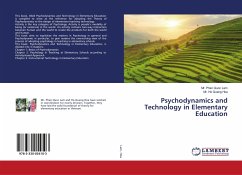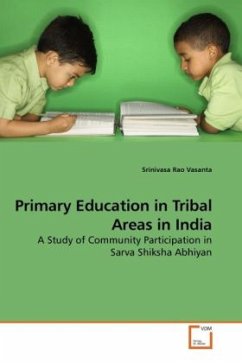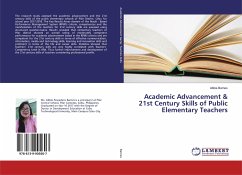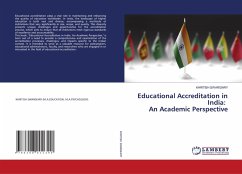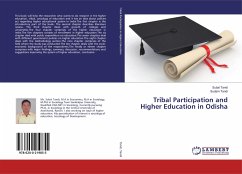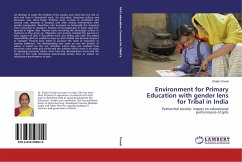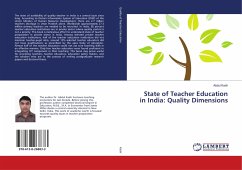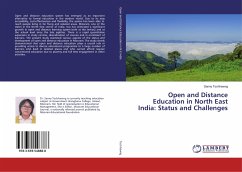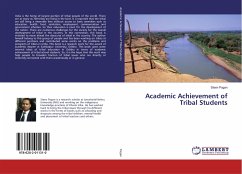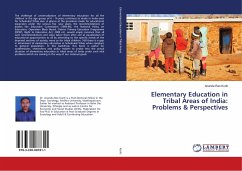
Elementary Education in Tribal Areas of India: Problems & Perspectives
Versandkostenfrei!
Versandfertig in 6-10 Tagen
46,99 €
inkl. MwSt.

PAYBACK Punkte
23 °P sammeln!
The challenge of universalization of elementary education for all the children in the age group of 6 - 14 years continues to elude in India even for Scheduled Tribes also. A glance at the provisions made for educational expansion under the various five -year plans, the recommendations of bodies like Education Commission (1964-66), the National Policy on Education, Operation Black Board, District Primary Education Programme (DPEP), Right to Education Act, 2009 etc. would amply convince that all such recommendations and steps taken there after aim at equalization of educational opportunities to ...
The challenge of universalization of elementary education for all the children in the age group of 6 - 14 years continues to elude in India even for Scheduled Tribes also. A glance at the provisions made for educational expansion under the various five -year plans, the recommendations of bodies like Education Commission (1964-66), the National Policy on Education, Operation Black Board, District Primary Education Programme (DPEP), Right to Education Act, 2009 etc. would amply convince that all such recommendations and steps taken there after aim at equalization of educational opportunities to all by attending to the specific needs of the deprived sections of society, more so for tribal children. Still there is a gap in attainment of elementary education in Scheduled Tribes when compare to general population. In this backdrop, this book is useful for academicians, researchers and policy makers to probe into the actual situation of elementary education in tribal areas of India under such vital problems which are coming in the way of our national goals.



